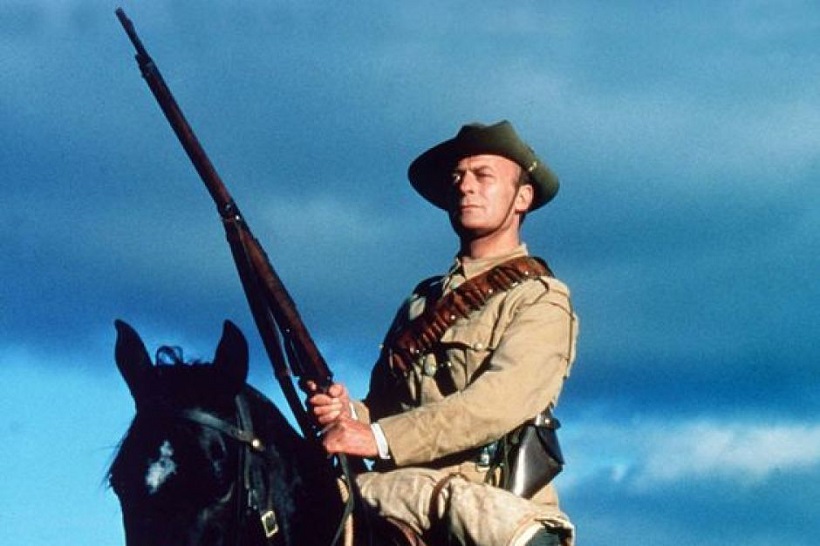There is an awful lot of ignorance about the English-born mercenary Henry Harbord Morant.
Morant was executed for murder in February 1902 while serving with an irregular British unit in the Boer War.
Better known under his nom-de-plume The Breaker, Morant enlisted with the South Australian Light Horse when, pre-Federation, Australian colonies despatched units to fight in what was a British war.
There is no doubt Morant and colleagues Peter Handcock and George Whitton murdered Boer prisoners and a witness to those crimes acting, they claimed, on orders issued by their immediate superiors in the irregular Bushveldt Carabineers.
Their actions may have been in response to the death at Boer hands of another colleague, but the wars of law are specific about what is and what is not a lawful order, and therefore what must and what should not be obeyed.
Briton Morant and Australians Handcock and Whitton clearly ignored those rules and paid accordingly for their crimes.
Morant and Handcock were executed by firing squad, Whitton sentenced to life imprisonment, later commuted.
During a recent pilgrimage to South Africa, a Sydney-based senior army reserve officer, a respected civilian professional was reported to have placed a poppy on Morant’s headstone while stating: “Good on ya, son. You did the right thing.”
If that report is accurate it is appalling, unacceptable ignorance by someone who should know better.
To compound that error, he allegedly justified his opinion by stating: “Because he followed orders. In the military, that is the most important thing.”
No, it is not, and there is enough evidence to prove the Nuremburg Defence, as it became known during the war crimes trials after World War II, is no defence at all.
Under the complex rules which govern warfare as prosecuted by civilised nations who choose to observe them, there are very clear circumstances in which an enemy may be engaged and killed.
That a particular enemy may choose not to follow those same rules is no justification for the other side also to ignore them.
Those laws defy simple explanation.
An armed belligerent can be drawn into combat and killed.
There is no justification for arbitrarily executing unarmed prisoners or armed combatants attempting to surrender.
There is no justification for implementing deliberate actions which result in the death of unarmed, non-combatants who just happen to be near armed combatants.
It is also questionable whether it is acceptable for armed teams to be despatched to target – murder – individuals who may or may not be armed but who are suspected of being enemy strategists or operatives.
That in effect is what Morant and his colleagues were convicted of, but it is also what elements of the ADF are being asked, and expected to do on operations today.
James Bond was the only individual with a mythical licence to kill.
While it may be satisfying to eliminate individuals who pose a threat, it is not always morally or legally justifiable.
Carrying out unlawful orders is why Morant and his fellows deserved their fates.
Ross Eastgate is a Queensland based commentator on political and military affairs.
Illustration: South Australian Film Corporation/Roadshow Films.
Got something to add? Join the discussion and comment below.
Got something to add? Join the discussion and comment below.
Get 10 issues for just $10
Subscribe to The Spectator Australia today for the next 10 magazine issues, plus full online access, for just $10.


























Comments
Don't miss out
Join the conversation with other Spectator Australia readers. Subscribe to leave a comment.
SUBSCRIBEAlready a subscriber? Log in